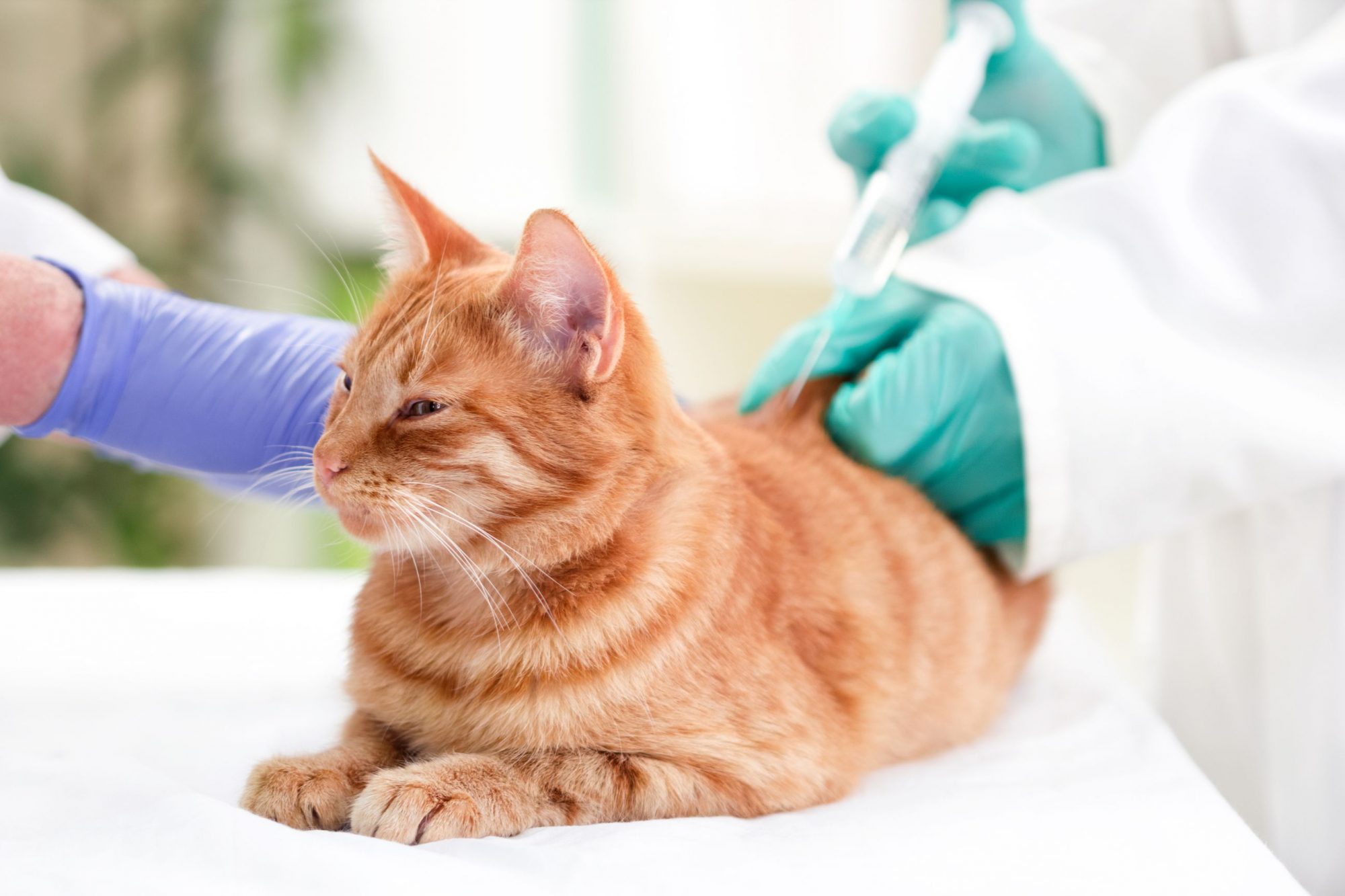
With over 10% of the population in the United States being affected by diabetes, almost all of us know a little bit about this chronic condition. Not as many people appreciate, however, that dogs and cats can be diagnosed diabetic as well. The Pet’s Place Animal Hospital feels that understanding pet diabetes is an important part of overall pet health care and is happy to share the basics.
Not So Sweet
In a diabetic pet (or person), there is a disruption in the way that the body handles glucose. Glucose is a simple sugar, broken down from the carbohydrates that are ingested, and the basic unit of energy the body’s cells need to function.
Insulin is a hormone that is produced by the pancreas. When released, it allows the tissues of the body to take up glucose from the bloodstream so that it can be utilized for energy.
In a pet with diabetes mellitus, there is not enough insulin to take up all of the glucose in the blood. This can be due to the pancreas not producing enough insulin or it can be secondary to the cells themselves requiring much more insulin than normal to perform (insulin resistance).
Signs of Pet Diabetes
In a diabetic pet, the lack of insulin or response to insulin results in an overabundance of glucose in the blood (hyperglycemia). This excess glucose is filtered out through the urinary tract. Lack of uptake of glucose also results in the body’s cells not getting adequate nutrition.
A diabetic pet may have several symptoms which can include:
Weight loss
Increased appetite
Increased thirst
Increased urination
Lessened grooming
Decreased energy
Cataracts in dogs
Urinary accidents in house/missing the litter box
Urinary tract infection
Other pet health problems can cause similar symptoms, so it is important that if your pet is showing any of these signs that you call us so that we can perform appropriate diagnostics and identify the problem.
Untreated, diabetes can have serious and even fatal consequences. Thankfully, in most cases, it is a manageable condition.
Preventing When Possible, Treating When Not
Even though our veterinarians are pretty good at managing pet diabetes, it’s not something you want to have to worry about if you don’t have to. So what can you do to support pet health and prevent diabetes?
Just as in people, pets who are overweight or obese are at highest risk. Taking steps to maintain a healthy body weight can be very helpful.
You are what you eat— Choosing a good quality diet for your pet and feeding an appropriate amount is essential. Part of pet health and wellness is developing a nutrition plan. Our staff can help you to determine caloric needs and outline a weight loss or maintenance plan and even recommend special diets for those pets who have a harder time than others staying at a healthy body weight.
Get moving—Promoting healthy pet exercise is an important part of maintaining a healthy weight. Dogs should get structured exercise in the form of a walk, run, or active game for at least 15-30 minutes daily. Cats should aim to get at least three bursts of activity for a total of 15 minutes daily. Many kitties enjoy chasing laser pointers, fishing lure toys, and crinkly balls. Catnip can also help encourage activity
Avoid pancreatitis—The pancreas is the organ that produces insulin, and harm to it can increase the risk of diabetes. Pancreatitis in particular can lead to pancreatic scarring. Because fatty, rich meals can trigger pancreatitis, we recommend avoiding these types of table foods.
Sometimes, though, despite our best efforts, diabetes happens. While managing this disease does require effort and a little work, in most situations we are able to control the diabetes and help our patients live happy lives.
When a patient is diagnosed with diabetes, typically dietary changes and insulin injections are prescribed. While giving your pet daily injections can seem pretty intimidating at first, most pets (and pet owners) do great with the tiny injections.
Pet diabetes is fairly common, and while we hope that you never need to deal with it, we want you to recognize the signs and know that we are here to help should it affect your furry family. Together, we can accomplish some pretty incredible things.










